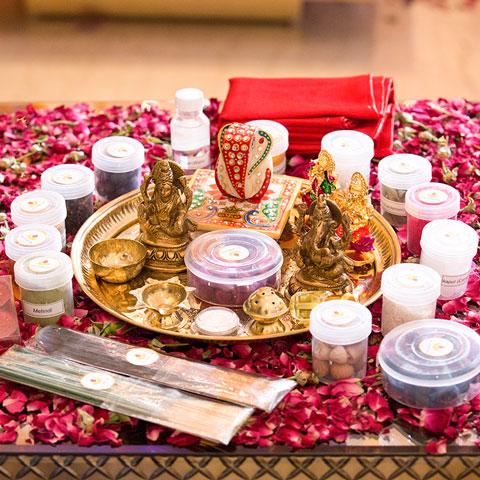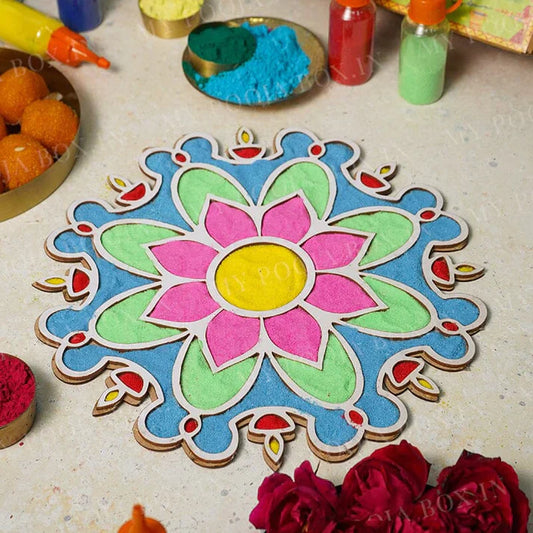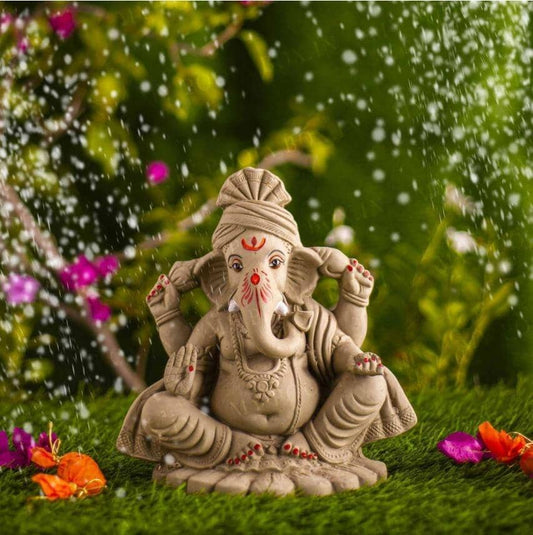Ever feel like you could use a little more peace and wisdom in your day-to-day? You're not alone! Buddha's teachings are super relevant, and you can weave them into your life without becoming a monk. Let's dive into 10 simple ways to do just that!
1. Embrace the Power of Mindful Breathing
Ever feel like your thoughts are racing a mile a minute? You're not alone! Buddha emphasized the importance of being present, and a fantastic starting point is your breath.
How to do it: Take a few moments each day to simply focus on your inhalations and exhalations. Notice the rise and fall of your chest or abdomen. When your mind wanders (and it will!), gently guide your attention back to your breath without judgment. Even a few minutes of this can bring a sense of calm and clarity.
2. Practice Gratitude, Big and Small
Buddha taught that attachment to desires leads to suffering. Cultivating gratitude shifts our focus from what we lack to what we already possess.
How to do it: At the end of each day, take a moment to list three things you're grateful for. They don't have to be grand – a warm cup of tea, a kind word from a friend, the beauty of nature. This simple practice can rewire your brain to appreciate the good in your life.
3. Cultivate Compassion for Yourself and Others
The Buddha's teachings are deeply rooted in compassion. This extends not only to others but also to ourselves.
How to do it: When you notice feelings of anger or frustration towards someone, try to understand their perspective. Consider their potential suffering. Similarly, be kind and forgiving to yourself when you make mistakes. Remember, everyone is on their journey.
(Looking for a reminder of compassion? Browse our beautiful Buddha idols and figurines!)
4. Observe Your Thoughts Without Judgment
Our minds are constantly chattering, often filled with worries, judgments, and opinions. Buddha encouraged us to become aware of these thoughts without getting carried away by them.
How to do it: Imagine your thoughts as clouds passing in the sky. Simply observe them as they arise and disappear, without labeling them as good or bad. This creates a space between you and your thoughts, allowing you to react with more wisdom and less impulsivity.
5. Embrace the Middle Way
Buddha advocated for the "Middle Way," avoiding extremes in all aspects of life. This means finding balance in our actions, emotions, and desires.
How to do it: Reflect on areas where you might be leaning towards extremes – perhaps overworking, overindulging, or being overly critical. Strive for moderation and balance in these areas.
6. Speak Mindfully and Truthfully
Our words have power. Buddha emphasized the importance of speaking truthfully, kindly, and constructively.
How to do it: Before you speak, pause and consider your intention. Are your words helpful? Are they true? Will they cause harm? Practicing mindful speech can foster better relationships and inner peace.
7. Live Simply and Contentedly
Material possessions can often lead to attachment and dissatisfaction. Buddha encouraged a simple way of life, focusing on needs rather than endless wants.
How to do it: Take a look around your living space. Are there things you own that you no longer need or use? Consider decluttering and simplifying your surroundings. This can often translate to a lighter and more contented feeling within.
8. Practice Non-Violence (Ahimsa)
Ahimsa, or non-violence, is a core principle in Buddhism. It extends beyond physical harm to include our thoughts and actions towards all living beings.
How to do it: Be mindful of the impact of your choices, from the food you eat to the products you consume. Strive to live in a way that minimizes harm to others and the environment.
9. Cultivate Patience and Acceptance
Life is full of changes and challenges. Buddha taught the importance of accepting what is and cultivating patience in the face of adversity.
How to do it: When faced with a difficult situation, try to resist the urge to immediately react with anger or frustration. Take a breath and acknowledge the reality of the situation. Practice patience and look for constructive ways to navigate it.
10. Engage in Seva (Selfless Service)
Giving back to the community and helping others is a powerful way to embody the Buddha's teachings of compassion and interconnectedness.
How to do it: Look for opportunities to volunteer your time or resources to causes you care about. Even small acts of kindness can have a significant impact, both on others and on your sense of fulfillment.
(Want to bring this spirit of giving into your home? Explore our beautiful Pooja Thalis and create a peaceful atmosphere with a Soothing Buddha Fountain!)






































